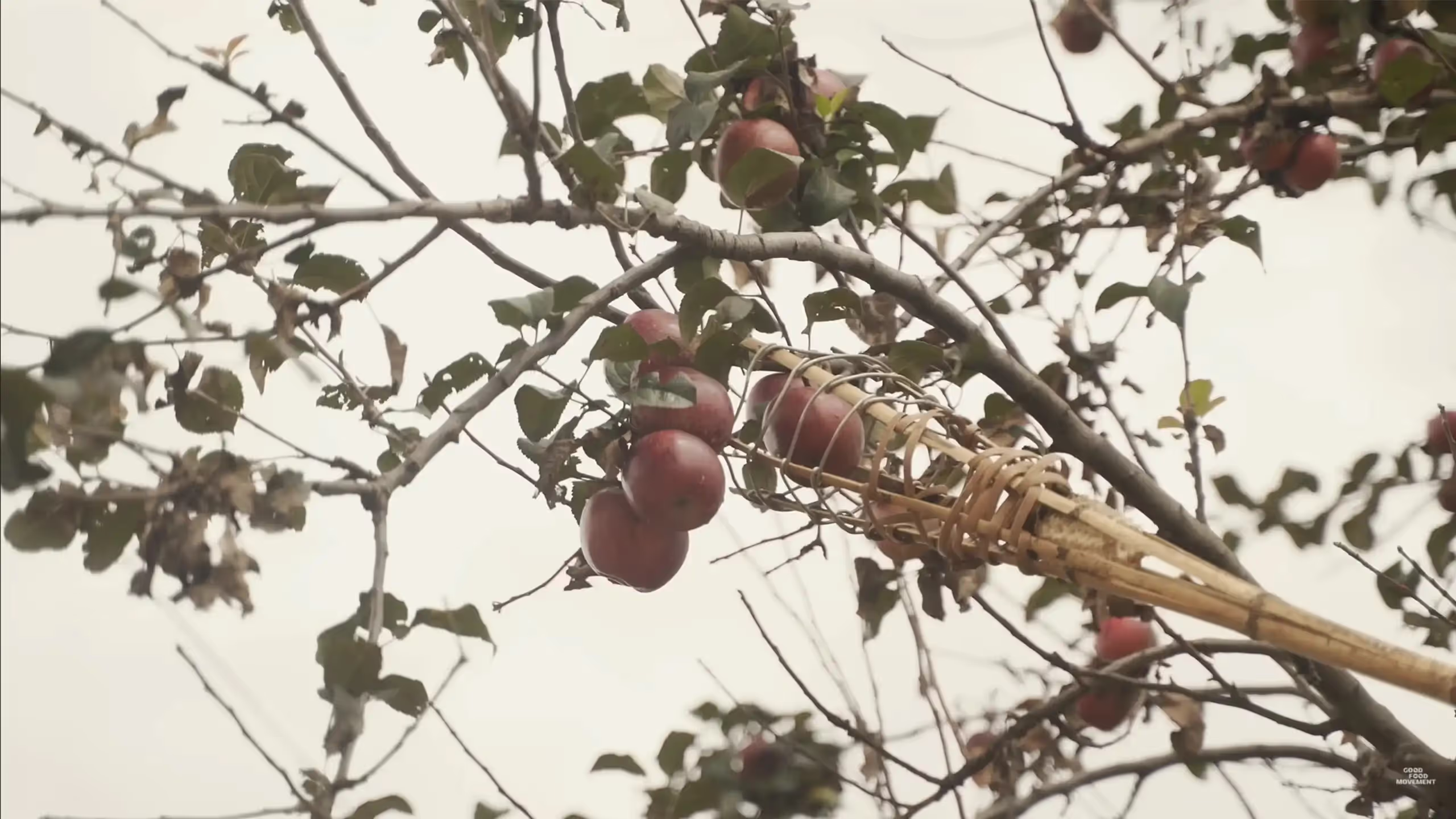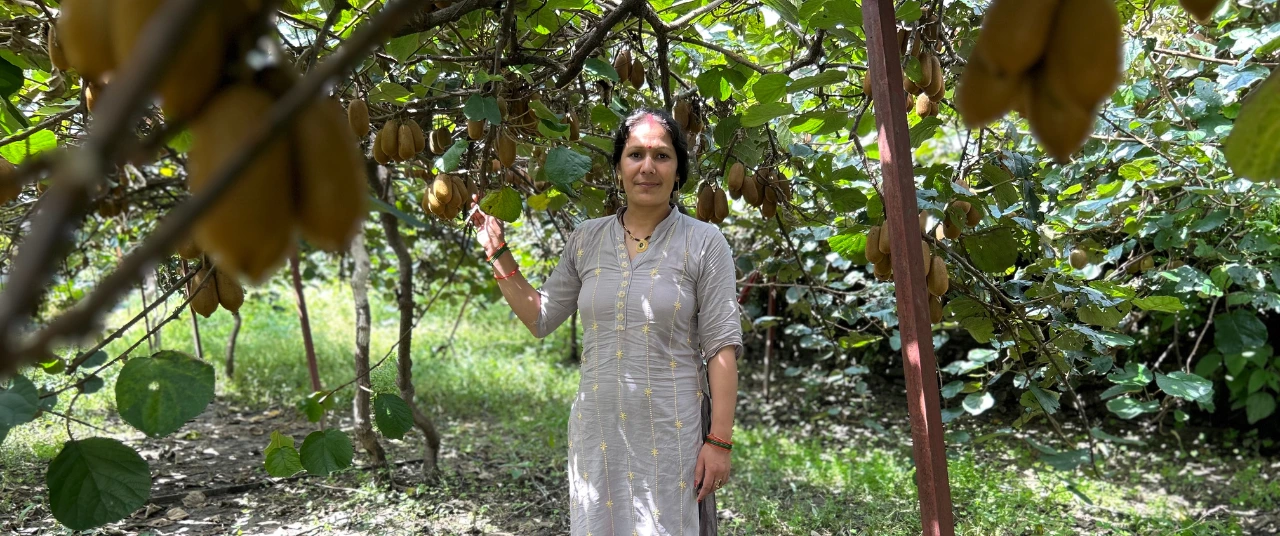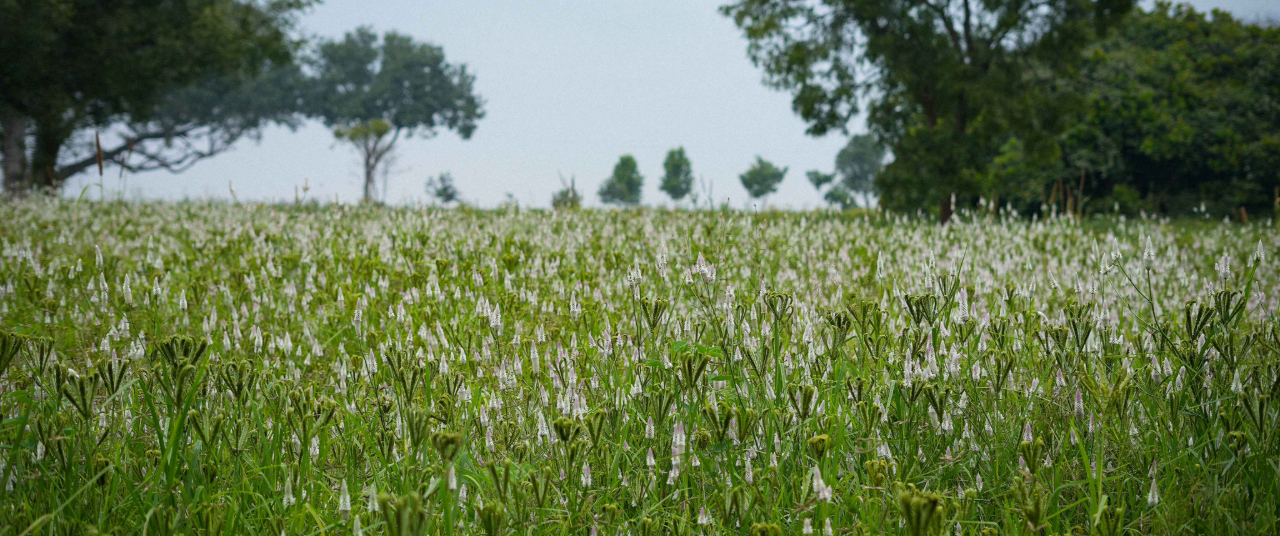How 3 saplings transformed an entire village






If you ever visit Thanamir, a quiet village on the Indian side bordering Myanmar, you’re likely to be welcomed with a glass of freshly made apple juice or dried apples–a fitting choice for a community of fewer than 800 residents that has made a name for itself as the only apple-producing village in the entire Northeast. The small yet vibrant community is not only helping Nagaland become one of India’s six apple-producing states but also establishing itself as a destination known for both its fruits and natural beauty.
Thanamir sits at over 2,000 metres high and is known for two things: its apples and Saramati, one of Asia’s tallest peaks. Nearly every home has at least one apple tree in the yard. Visit between July and September, and you’ll see trees bursting with blossoms. “For me apple means sustenance. It has become the means of my survival”, says Somuli Kips, a longtime apple farmer in Thanamir. Many others share his sentiment, seeing the apple as both a livelihood and a community symbol.
Today, the village’s apples are so celebrated that a quick google search for Thanamir online brings up pages all about its produce. Yet, despite the visibility online, Thanamir itself remains largely isolated, perched on a quiet hill in Nagaland.
Community Apple Project
In the 1970s, India was seeing a rise in apple production, but in the village of Thanamir in Nagaland, apples were unheard of. That changed thanks to a surprising act of kindness during the Indo-Naga conflict. An Assam Rifles soldier gave three apple saplings to a Village Guard in Thanamir as a peace offering. The saplings, planted in the village’s fertile soil, grew well, and soon apples became a part of daily life in Thanamir.
By 2011, apple farming had become such a success that Thanamir held its first Apple Festival. The festival grew into a yearly tradition, putting Thanamir’s apples on the map and resulting in the Community Apple Project, a local initiative to support and grow the village’s apple industry.
Today, Thanamir produces 40-50 tonnes of apples each year. The village’s cool, moist climate is perfect for apple growing, helping the apples develop a rich flavour and firm texture. With 19 inches of rainfall a year, the apples need very little irrigation, making farming here both natural and sustainable. This climate advantage has earned Thanamir the nickname Nagaland’s Apple Capital.
But the village faces challenges. Poor roads and limited phone access make it hard to reach new markets. Even so, Thanamir dreams of becoming an apple export hub. With better infrastructure, the village could expand to reach nearby countries like Myanmar and Malaysia. The demand for apple saplings is also growing, offering another way for the village to share its success.
What began as a simple gift has grown into an important part of life in Thanamir, bringing pride and new opportunities to the community.
{{marquee}}
Call for support
In September, the village of Thanamir celebrated its 15th annual Apple Festival, themed "Apple for Health, Wealth, and Prosperity." The event drew locals and officials alike, with the Minister for Women Resource Development & Horticulture, Salhoutuonuo Kruse, making a huge announcement: plans for a new apple processing unit in Thanamir. The facility would enhance the value of the village’s apple production and support economic growth. She also encouraged farmers to explore other crops suited to the region’s unique climate, pledging departmental help in connecting them with markets and providing technical guidance.
Yet, despite the festival’s success and the enduring charm of Thanamir’s apples, challenges persist. Locals are grappling with poor road infrastructure, which severely limits their ability to fully capitalise on the apple harvest. Community members are urging the state for a more equitable distribution of funds and assistance in establishing better marketing channels to reach wider audiences.
The pandemic added to these difficulties. With the festival on hold, Thanamir’s farmers took matters into their own hands, bringing their apples directly to urban markets. This meant long, exhausting journeys–over 300 kilometres, often taking eight hours or more–to the state capital, Kohima, and beyond to Dimapur, Nagaland’s bustling commercial hub. The payoff, however, was evident: their apples sold out swiftly at a wholesale rate of Rs 1,000 per 7 kg carton. The demand was undeniable.
Thanamir’s farmers are ready and eager to increase their apple yields. All they need now is the right support to make it happen.
(Image Credits: Imtiakang Imsong)
Explore other topics
References































